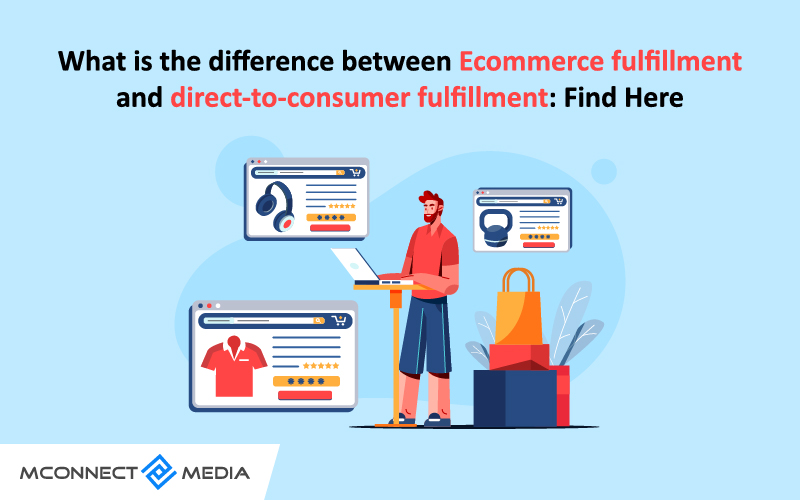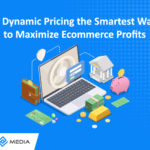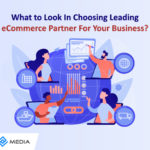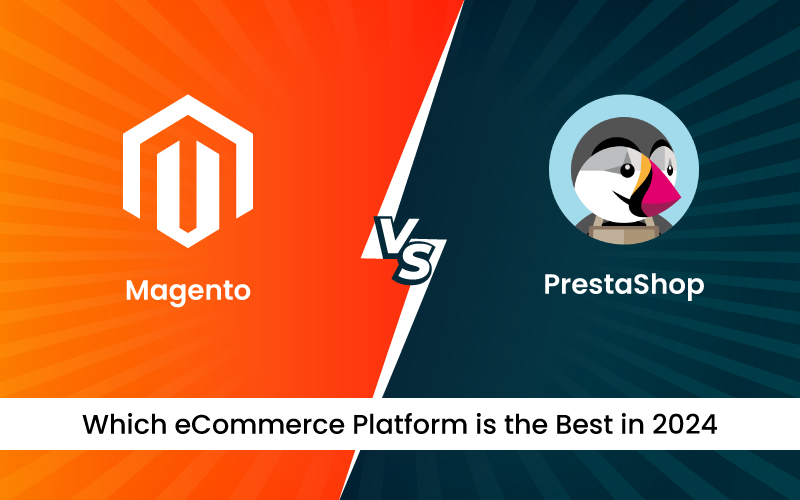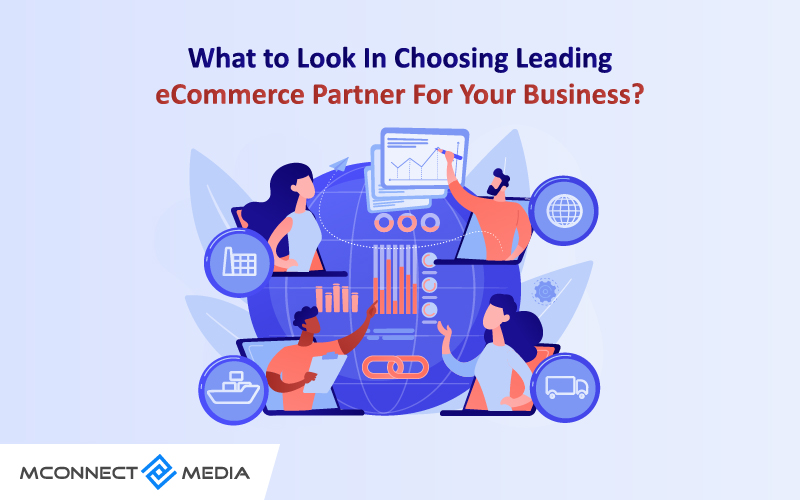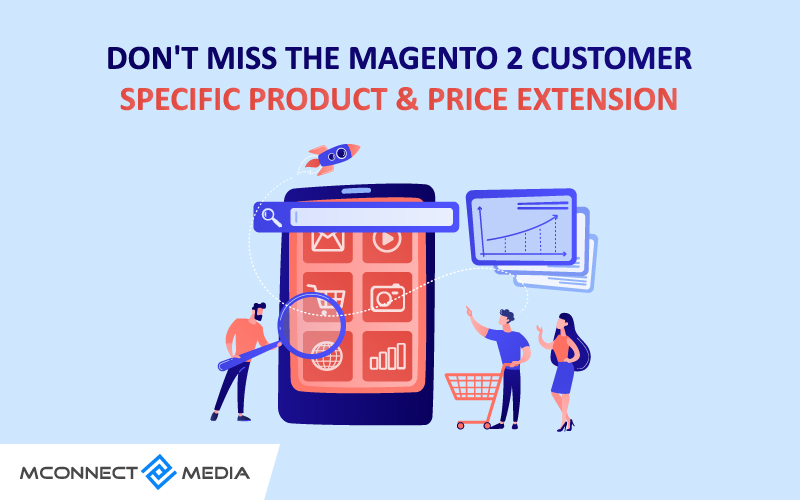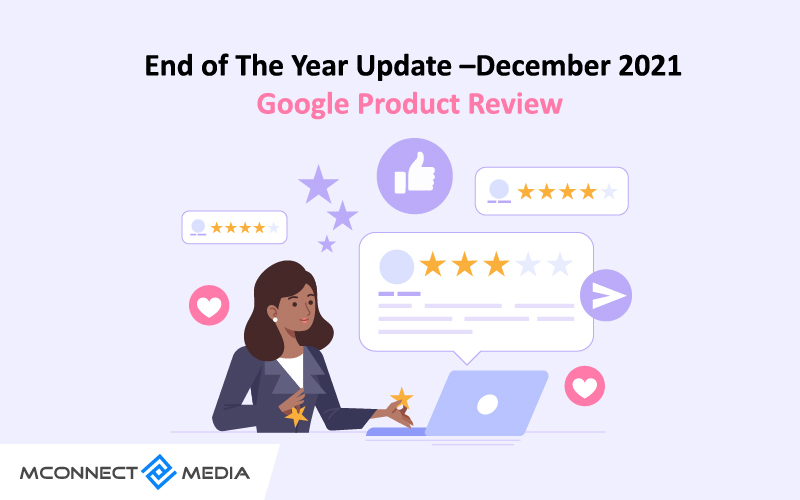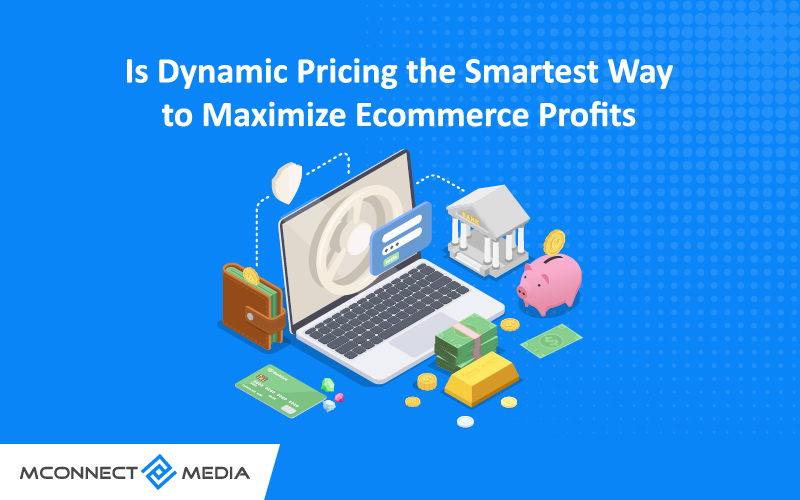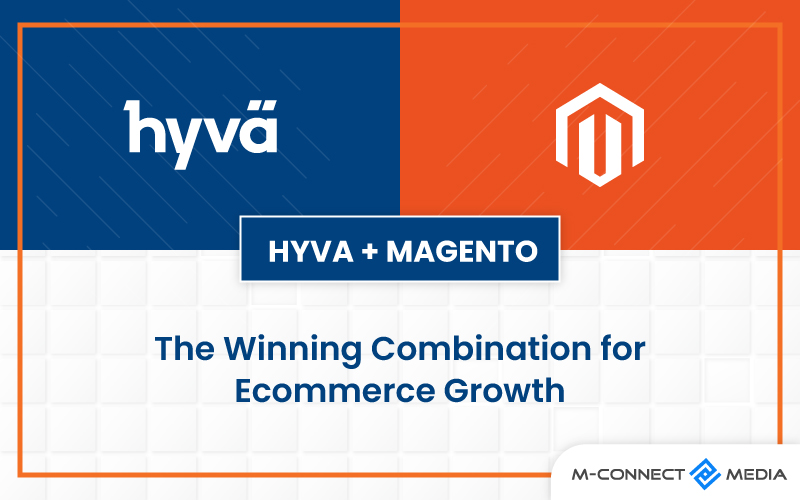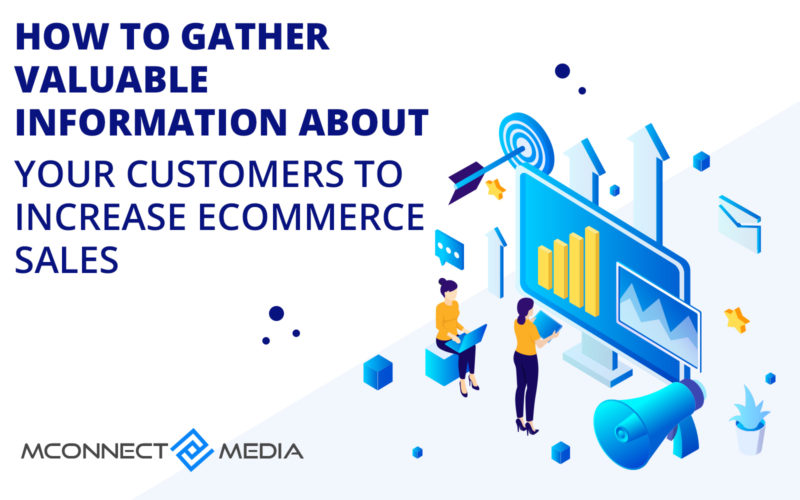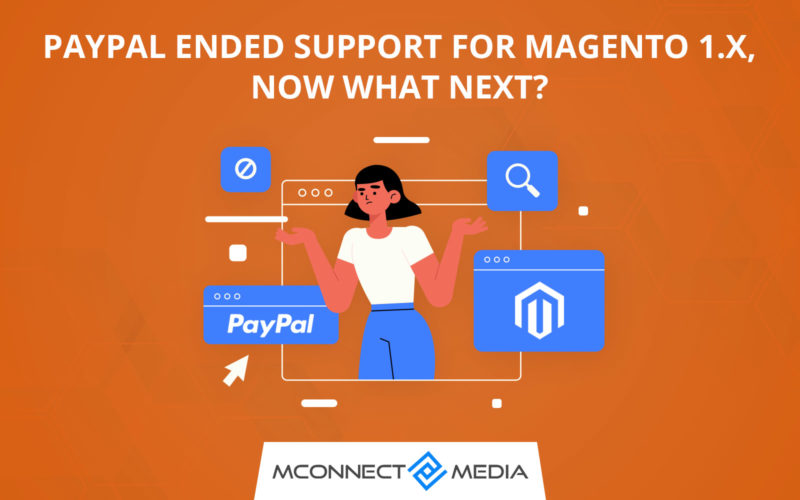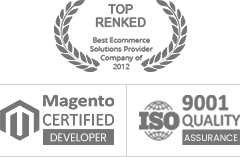Without a doubt, WAD! You’d imagined that surreal day when your eCommerce store was so busy that you couldn’t keep up with orders. What do you do now that your shop has reached this level of success to keep your customers happy? You must, therefore, assess your logistical and transportation processes.
Can’t praise Amazon enough for setting a fantastic example; your consumers want the same rapid and precise delivery. You might be wondering, “How could you do that?” So eCommerce fulfilment can be a terrific approach, but what if it’s not the same as order fulfilment?
With so many definitions for the fulfilment process, whether eCommerce or direct-to-consumer, it’s no surprise that there’s uncertainty about what these processes include, even if we believe they’re the same. You will learn how they differ from one another in this section. As a result, the devil is always in the details.
What is Order Fulfillment?
Order fulfillment, as the name implies, is a way of getting your items into the hands of your customers. The process consists of several phases, beginning with acquiring inventory and concluding when the consumer receives the purchased goods. The following are the order fulfilment steps:
- Obtaining inventory shipments
- Keeping inventory
- Fulfilling orders
- Packaging of products
- Processing returns
Order fulfilment can done in-house or through a partnership with a third-party logistics business. Finally, order fulfilment strives to delivery the purchased items to each consumer as quickly as feasible and without incident.
Also read: Level up Order Management and Fulfillment with Mobile
What is Direct-to-Consumer (D2C) eCommerce?
The method of selling items directly to consumers from their online shop without the need of a third party is extremely simple to grasp and master. The typical retailer business model is as follows: manufacturers>wholesaler>distributor>retailers>consumer.
D2C eCommerce is used to eliminate gatekeepers and middlemen! And we already know that consumers prefer to shop directly rather than involving manufacturers in the purchasing process.
Retailers have not embraced D2C because if manufacturers began selling direct-to-consumer, they would have to offer individual items. And we all know that the retail sector is all about selling items in large quantities.
Also read: How D2C Brands Aim to Scale Their Business Online?
Ecommerce Fulfillment vs D2C eCommerce – What’s the Difference?
It is not incorrect to group D2C fulfilment with eCommerce fulfillment, all of which may be attributed to the phenomenal rise of online commerce. But now that we can see that D2C is the biggest trend in retail, it is critical to explain where and how these methods differ from one another.
We’ve compiled all of the variables to show you how they differ. Let’s get started!
1. Selling Channels are different
When it comes to selling channels, eCommerce fulfilment and D2C eCommerce are very different. Because eCommerce fulfilment is very easy, businesses must maintain an online sales channel.
Because you are selling directly to customers without the involvement of a third party or anybody else, there is an offline sales channel in D2C. It’s a one-way street that will benefit your company’s growth.
Because it does not have to be direct, ecommerce fulfilment includes some type of online sale. Choosing a supplier or having your order delivered by Amazon or another marketplace is one example of eCommerce fulfilment. And this will not be taken into account in D2C eCommerce.
2. Mediators
The function of intermediaries in the fulfilment process is perhaps the most significant distinction between eCommerce fulfilment and D2C fulfilment. Because there are no third parties involved, direct-to-consumer sales are referred to as direct selling.
There are no distributors, stockiest, or wholesalers in the supply chain, as far as we can tell. One of the most significant distinctions between eCommerce fulfilment and D2C fulfilment is the use of intermediaries to satisfy fulfilment.
You may have noticed that many brands use third-party platforms such as Amazon rather than selling directly. There is a drawback to this, since brand building suffers and control over critical client touchpoints is weakened.
3. Approach to customer data
At first look, customer data may appear to have nothing to do with fulfilment. The fulfilment process may improve the post-purchase experience, changing it into a competitive advantage.
D2C sellers are generally discovered through social media and other digital marketing platforms. Conversion rates, in addition to engagement rates, inform companies what sorts of content resonate with viewers and generate store visits. Cookies may tell sellers which pages their customers visit on their website, allowing businesses to offer relevant and helpful material that boosts conversions.
Third-party ecommerce marketplaces, on the other hand, can take the shape of a black box. Because you do not have direct control over these channels, you cannot know exactly what path consumers took to purchase your goods – or why some did not.
Also read: How to Gather Valuable Information about Your Customers to Increase eCommerce sales
Your high churn rate might also be due to friction in your post-purchase experience. Without access to this data, it is difficult to identify what measures to take to fine-tune the fulfilment process.
4. Outsourcing is different
The following and most significant issue we may think about is outsourcing fulfilment since it might be the same. Yes, many firms nowadays employ third-party fulfilment methods to suit the demands and desires of their customers.
Today, when it comes to fulfillment, even major businesses rely on third-party vendors such as Amazon to satisfy their daily requests. It is also true in D2C eCommerce because it somewhat corresponds to order fulfilment.
Also read: The Benefits of Outsourced IT Support for Retail and Ecommerce
However, developing in-house fulfilment may be expensive for businesses and is not a cost-effective strategy. These are some of the reasons why eCommerce and D2C eCommerce vary, and it’s no surprise that they both rely on outsourcing.
Know the difference!
Choosing between eCommerce fulfilment and direct-to-consumer commerce should be easier than ever. Use this post to help you build your business right now. We have listed the most intriguing and essential aspects, which should help explain why they differ.
Need help in improving eCommerce fulfilments? M-Connect Media can help. We have an in-house eCommerce Consulting team who know how to grow and fulfill your orders. Get in touch with us for more information.


